Start Exploring Keyword Ideas
Use Serpstat to find the best keywords for your website
What is page relevance and how is it determined
What is query relevance
In another situation, a person enters the search query "1-bedroom apartment". What did he mean by this query? Does he want to buy or rent an apartment, see prices for one-bedroom apartments, find out the average area? In this case, it is extremely difficult for a search engine to determine the relevant queries.
Users often incorrectly describe what they need. And they get a set of different pages that do not match the query; in this case, websites with the widest answer (using as many different keywords as possible) will appear in search results. Just add one word, and the search results will be more accurate.
Each search engine determines the relevance of the query, page, and website using complex algorithms. They are not disclosed by SEO specialists in order to reduce the ranking manipulation in the search results. Therefore, we can only assume what kind of work contributes to the growth of relevance of content and website.
Numerous SEO experiments have identified a list of effective solutions.
How to increase page relevance
Internal factors
One key phrase (or a set of phrases similar in meaning) per one page. The text on it should be unique and fully consistent with the content of the query and be a complete answer to the visitor's question.
For example, if a person entered the phrase "how to winterize a balcony" in a search, you need to provide answers on how to choose materials, manufacturers, the cost of the whole process, and so on.
External factors
For example, on a website dedicated to smartphones, an article on a specific model should have a link to the place where you can purchase this particular smartphone.
How to validate the website relevance
For example, the query "buy a TV in Moscow" is considered relevant for Moscow residents. But the phrase "how to survive in Antarctica" may be relevant for any person, regardless of their geographical location.
Search engine algorithms change every day. Therefore, the relevance of a website or page cannot be considered constant value. Today the page of the website is in the first position, and tomorrow the page of another website may appear in front of it which is considered more relevant for a specific query by the search engine.
To check the most relevant page on a particular website, you can add site:domain.com to the search bar in Google. It looks like this:

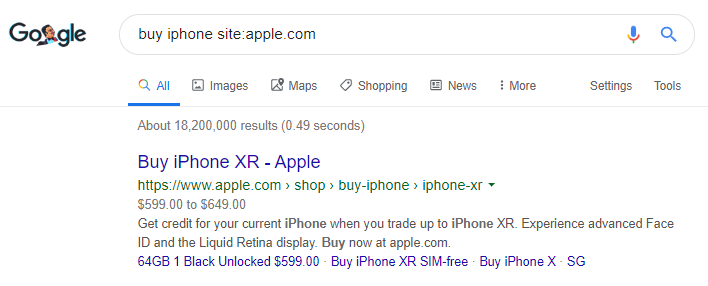
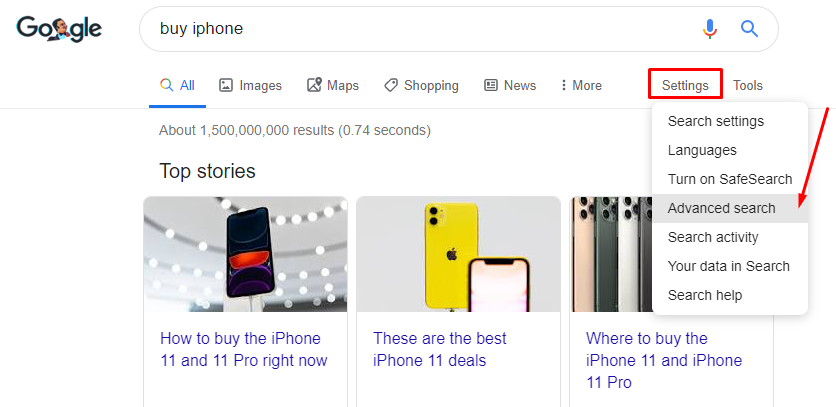
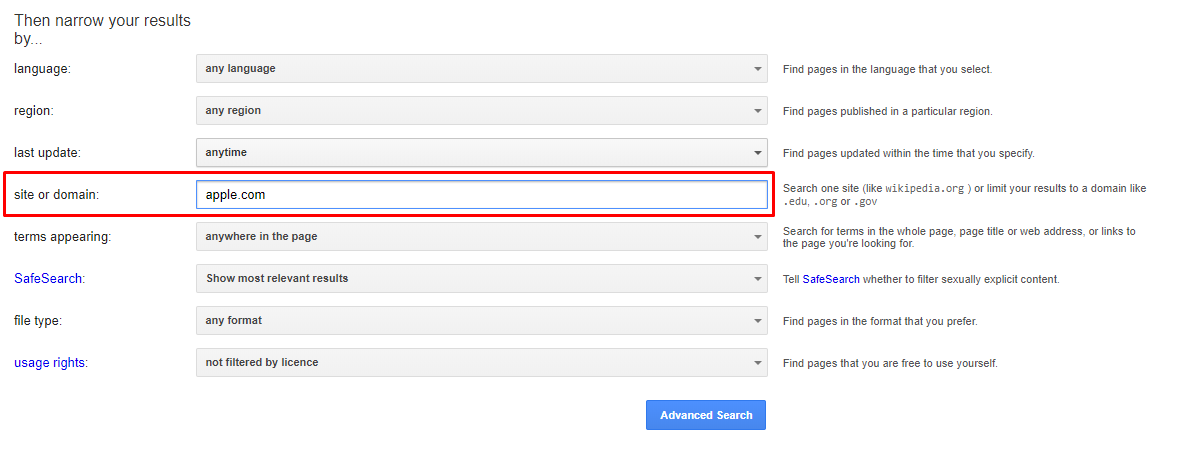
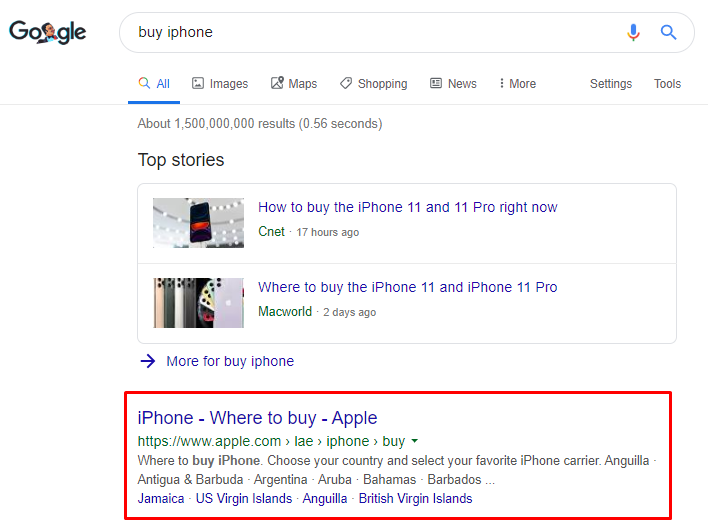
For example, using the Serpstat tools where the position of each page will be visible in the results for specific queries and regions. The overall picture shows which pages should be further developed and made more useful.
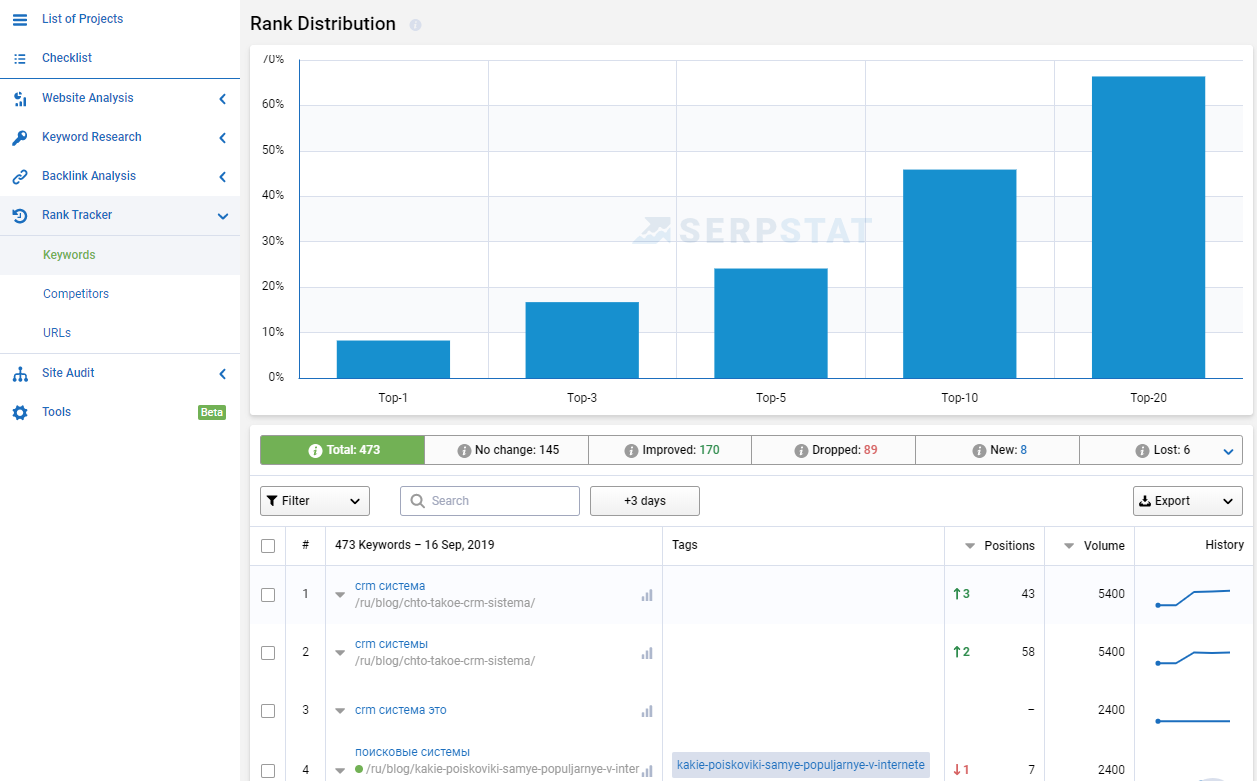
Conclusion
To increase the page relevance, you must constantly work on the utility of content. Verification of texts and key queries, analysis of external and internal factors (bounce rate, session duration, page viewing depth, etc.) should be ongoing.
It is advisable to regularly update the texts, check their uniqueness and relevance, increase the number of links from reputable donors, create internal links and monitor positions in the search results.
Speed up your search marketing growth with Serpstat!
Keyword and backlink opportunities, competitors' online strategy, daily rankings and SEO-related issues.
A pack of tools for reducing your time on SEO tasks.
Discover More SEO Tools
Tools for Keywords
Keywords Research Tools – uncover untapped potential in your niche
Serpstat Features
SERP SEO Tool – the ultimate solution for website optimization
Keyword Difficulty Tool
Stay ahead of the competition and dominate your niche with our keywords difficulty tool
Check Page for SEO
On-page SEO checker – identify technical issues, optimize and drive more traffic to your website
Recommended posts
Cases, life hacks, researches, and useful articles
Don’t you have time to follow the news? No worries! Our editor will choose articles that will definitely help you with your work. Join our cozy community :)
By clicking the button, you agree to our privacy policy.
